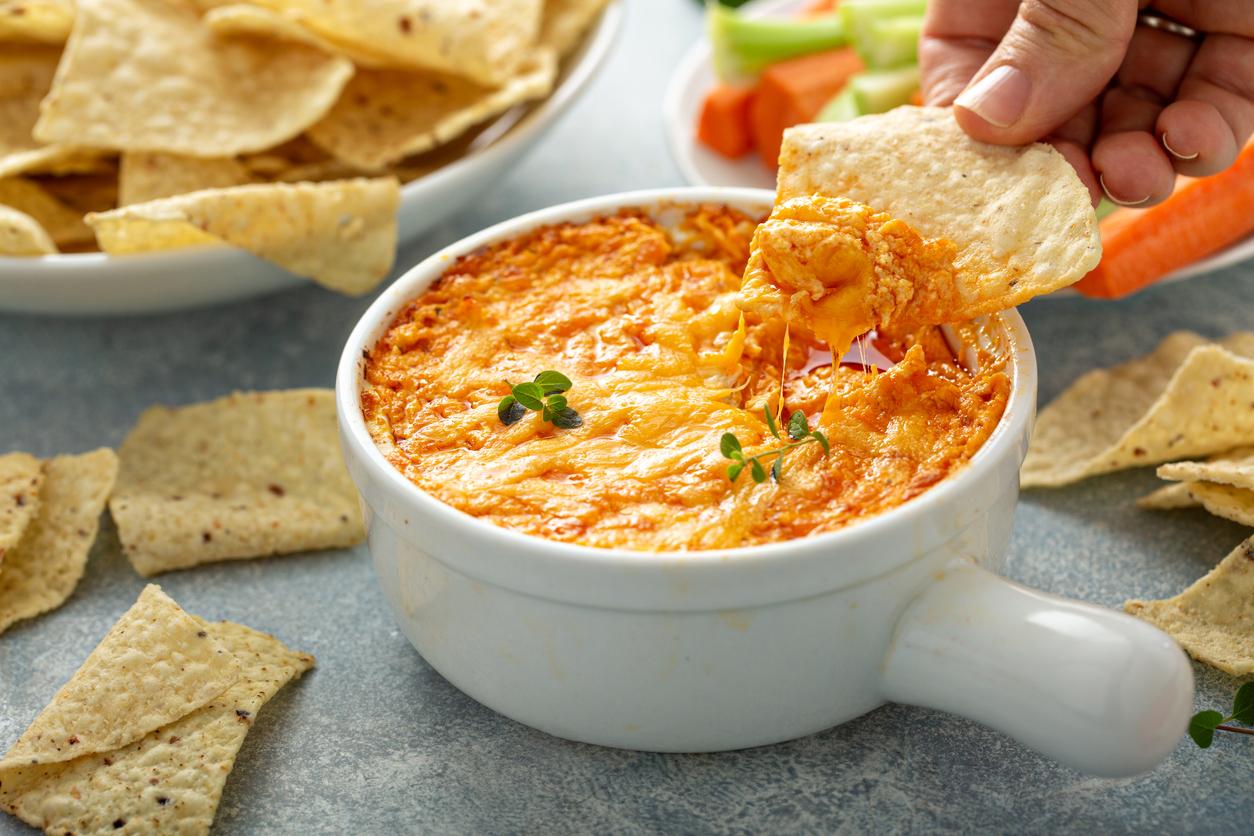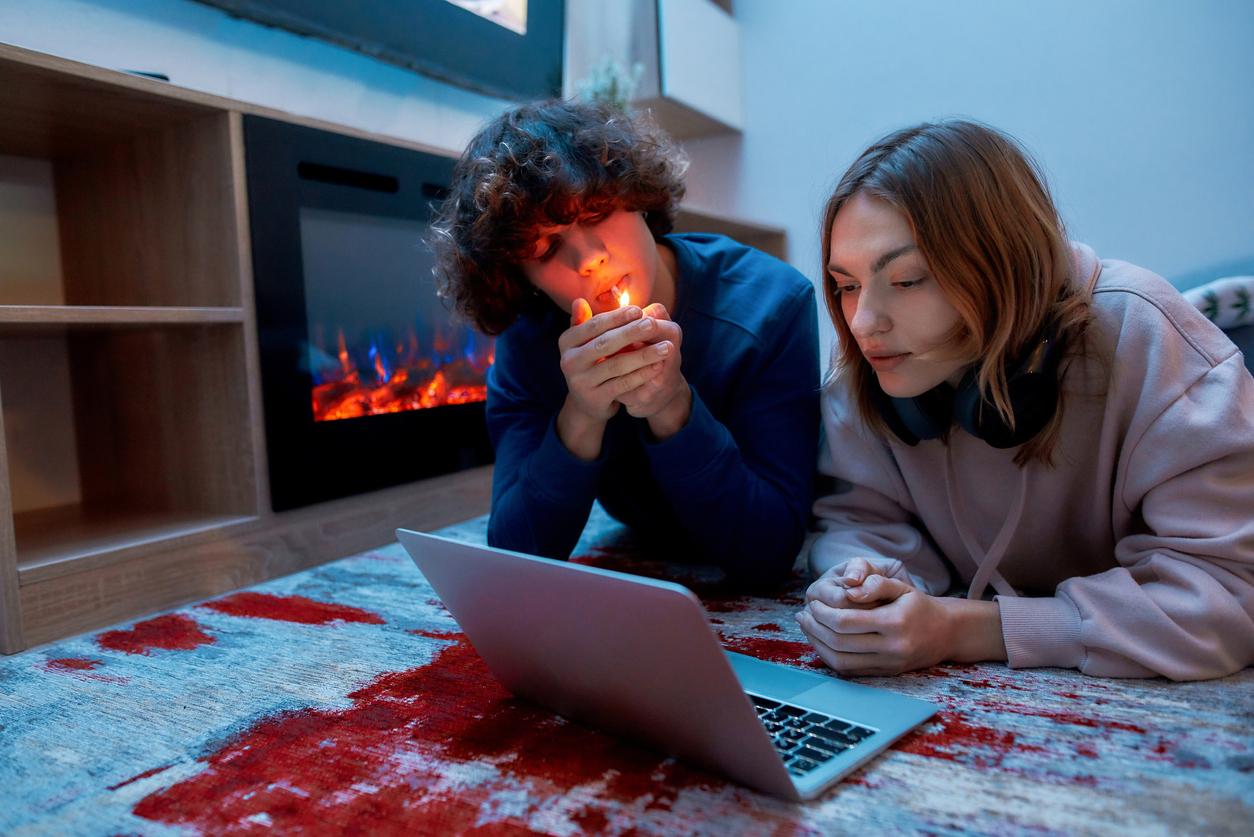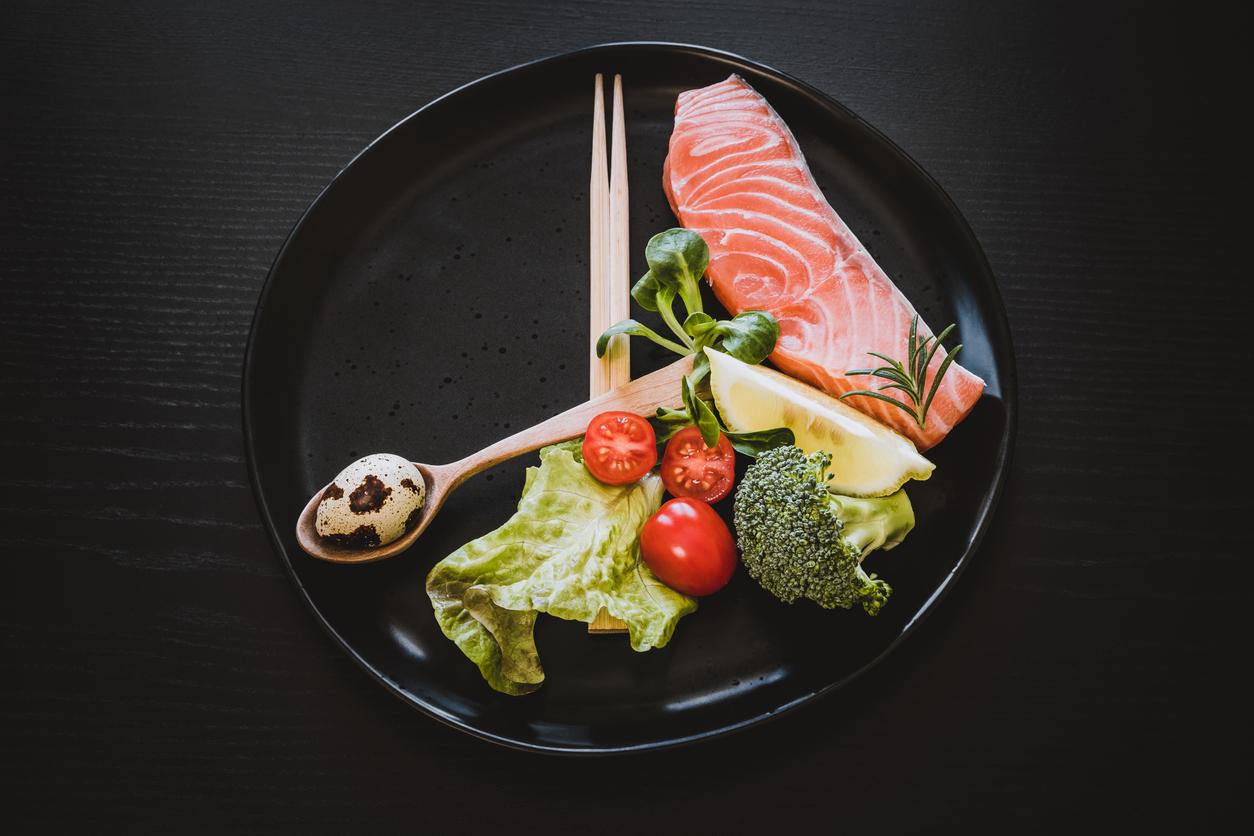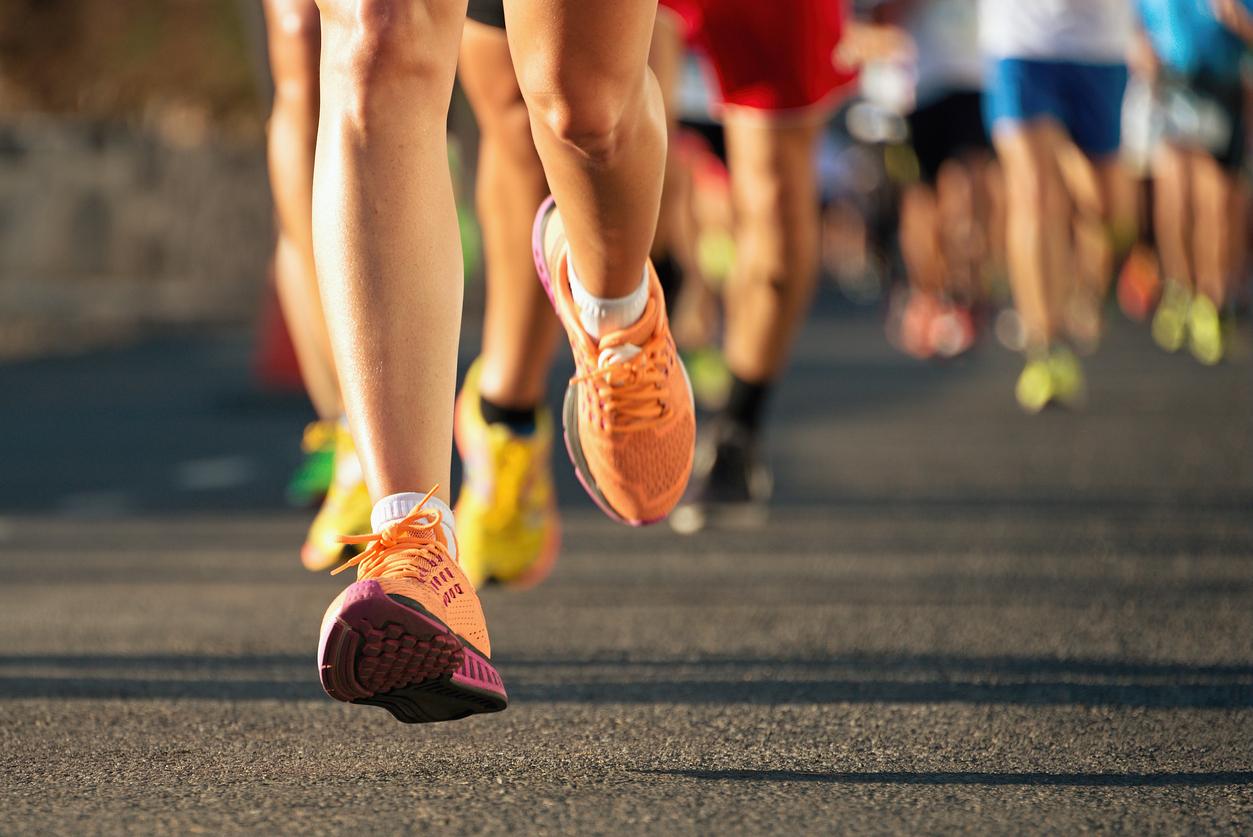Sizzling warm, glowing golden yellow… The power of the sun makes us burst with energy. Is there an explanation for that? Why is it that one person has a lot of energy and the other little. And what exactly is that, energy?
The candle burned slowly, until the flame started to flicker and almost died out. A lack of energy, I experienced it myself. I felt exhausted, lifeless, up. It was around Christmas and I would probably recover from the Christmas holidays.
Unfortunately. In January I was barely able to get ahead and in February I also got a gloomy mood. I could only handle 50 percent of what I normally do in a day; by 4 p.m. all my energy was clean. I obediently ate plates full of carrots and Brussels sprouts, walked for an hour every day and made sure I wasn’t too stressed…it didn’t help.
But at the end of February, as the days started to lengthen, my mood lifted. I felt fitter and more vital. The sun came to lend my mind a helping hand and in the months that followed my energy returned. So that I am now working again, laughing, running, cooking, chatting, going out, cycling, shopping, vacuuming, tennis, reading, hugging and enjoying. And in the evening I still have energy left.
Energy! We all know what we mean when we complain about low energy, or when we ravish about how energetic we are. Yet it remains a vague, abstract concept. There’s something almost magical about it – it’s what keeps us going, but we can’t quite put our finger on it. The dictionary links it to vitality, spirit, vitality and spunk.
Vital life processes
How does a psychologist view the term ‘energy’? Theo IJzermans, psychotherapist in Amsterdam and consultant in work stress, burnout and overstrain: “When people say they have a lot of energy, they mean that they feel fit and motivated and that they can handle a lot. Then the self-confidence is often high and they see the future positively.”
And what does Maria Hopman, professor of Integrative Physiology in Nijmegen, say? “We need energy to maintain our vital life processes such as the beating of the heart, breathing and the purification function of the kidneys. ATP, or adenosine triphosphate, is the chemical in our body where the energy is stored. When that is converted into what we call adenosine diphosphate, energy is released.”
Energy is therefore not just a vague, vague concept, but also something tangible. Can we then ‘refuel’ energy as it is popularly called, and on days when we dance through life store a surplus of energy in our body for lifeless periods…? Unfortunately, that is not possible, says Hopman. “The energy supply that we can build is very small. You can only run for thirty seconds with the stock in your muscles.”
energy factories
In fact, our energy production most closely resembles a power plant. Humans can produce energy very quickly: then the heart beats faster and we breathe faster, so that we get more oxygen to replenish the ATP.
Marianne Hopman: “The body is continuously producing new ATP. Every cell contains energy factories, which we call mitochondria. They are constantly running at full speed. By exercising regularly you create new factories and that gives more stamina. Even if you take it easy, you have more energy factories available and you feel fitter.”
It is therefore impossible to build up a stock of energy ‘for later’, but we can produce new energy quickly. Although we have to do something for that! If I flop down on the couch in front of the TV in the evening, exhausted, it usually doesn’t help me at all. If I get myself to go for a walk or exercise, it not only gives me more satisfaction, but also more energy. And that’s not just how it feels, that’s how it really works: the more I get moving, the more factories I build.
Our energy factories not only produce, they also need fuel themselves. And we deliver that to them, through food. In other words: to make ATP, nutrients are needed, such as sugars and fats. We can build up a stock of that, but that is not immediately available energy. To extract ATP from sugars, they have to be burned and oxygen is needed for that. Energy is thus supplied as a kind of raw ‘basic product’ via nutrients.
Body and soul
A healthy, moderate diet, a good night’s sleep, relaxation and exercise: all this helps us to maintain the physical energy balance. But the story about energy is a story about body and mind. Because even if all the physical conditions are met, if that power plant is running like a charm, we can still feel exhausted for a shorter or longer period of time. This is very clearly visible in people who suffer from burnout or depression. But also in psychologically healthy people all kinds of mental processes are involved that consume energy.
Fatigue is the number 1 complaint in Dutch general practice for a reason; apparently we are massively lifeless and exhausted. There are many possible explanations for this, such as a virus or physical illness, an unhealthy lifestyle or too little exercise.
For the sweet peace
One mental energy guzzler that has attracted a lot of attention from psychologists lately is self-control. We check ourselves all day long. We leave a tempting piece of cake because of the slim line, we swallow our anger for the peace of mind, we turn down the second glass of wine because we can spare that hangover like a toothache. And that takes energy – a lot of energy, Hugo Alberts knows. He is a psychologist and researcher at Maastricht University and has been studying the ‘limited energy model’ for years. Every time you have to make an effort not to give in to an impulse, you are expending energy, says Alberts. This eventually leads to ‘will exhaustion’ and then you easily lose control of yourself. That is why sticking to a diet in the tired evenings is so much more difficult than when waking up rested.
Alberts also finds ‘energy’ a difficult concept that is not easy to describe. “Psychological research into this is still in its infancy. You could say that we have a kind of mental energy that can slowly run out.”
Learning good habits
Of course, we can’t just give up on self-control because we’d soon be rolling down the street fat, drunk, and fighting. However, you can learn to control your impulses without it costing you a lot of energy: by learning good habits. If we have been drinking little alcohol for years, leaving a glass takes less and less effort and energy.
Something similar applies to all kinds of other forms of internal struggle. Anyone who sees his work as an arduous task must get himself under control every day and speak firmly. This is one of the hard lessons of burnout; It is no coincidence that people often look for other work after a burnout.
A similar story applies to depressed people. They are often so exhausted because they resist what life has to offer them and wage a heavy, inner struggle. They think: I am nothing, it will never work again – very undermining thoughts that consume energy. Moreover, they start doing less and less, so that life really has less to offer and their condition deteriorates. In other words, they lose both mental and physical energy.
Thoughts can make us tired – it’s no surprise that the key to more energy lies with the same thoughts, also called ‘cognitions’. Cognitive behavioral therapy helps against conditions characterized by a total lack of energy, such as depression, burnout, chronic fatigue syndrome and fatigue after cancer.
In depression, for example, the patient learns to change his gloomy, depressing thoughts as well as his behavior. By walking a minute longer every day, the condition improves step by step. After four weeks, the person is already walking for half an hour a day, which gives fitness and self-esteem.
Healthy people can also benefit a lot from these kinds of insights and careful building programs. Because it helps everyone not to get caught up in a maelstrom of gloomy thoughts. And it is wise for everyone to build up fitness slowly instead of immediately running for an hour and then swearing off all sports exhausted and disappointed.
Energy from the sun
There are a lot of questions about energy in the meantime. Why so many people seem to get energy from the sun is still not easy to explain to researchers. And why does one, O injustice, have so much more energy than the other? And why do some people seem to be real ‘energisers’, while others drain you during an hour-long visit? “Genetic factors certainly play a role,” says Maria Hopman. “There is also a difference in predisposition between people in terms of energy level.” Stress due to irritations
And what to do with that energy-guzzling neighbor who is so exhausting with her chatter? That’s not so much because of her, it’s because of you, says psychotherapist Theo IJzermans sternly. “You can think: I have a nice quiet evening, because I turned her on and she continues to chat. Then you stay very relaxed. But if you resist and keep thinking: I also want to say something, then it is exhausting. That’s your own irritation. And irritation is stress – that consumes energy. If you have the feeling after a conversation with your mother: I am exhausted, it is because you are annoyed, or you feel guilty, or you do not accept her.”
All in all, the conclusion seems to be: know thyself. Get to know your limits and your (partly innate) energy level, give up pointless resistance, find people and activities that suit you, avoid unnecessary attention guzzlers and take your rest in time after too many stimuli. Improve your energy level and start at
yourself!
Do we get energy from nature?
Do you often find it difficult to finish a thought? No wonder: your attention is called upon throughout the day. You constantly have to make choices; and even if it happens unconsciously, it does take energy to choose between white, brown, whole-wheat or multi-grain bread – organic or not – and to process all e-mails, telephone calls and conversations. Work and family demand attention; the environment is constantly full of stimuli and noise.
Certainly in the city. “The city,” says psychologist Hugo Alberts, “is an environment with many stimuli. Advertising, other people, noise, horns. It turns out that people quickly become exhausted. However, nature calms us mentally.” The fact that nature gives us energy is not so much due to the trees, flowers or sea air itself, but mainly because of what is not there… Train and know yourself – tips for an energy-efficient life
- Walk, bike, tennis, run: the more you move, the more energy factories you create.
- Sweeten wisely, eat an apple. Refined sugar, like in candy, provides quick energy, but for a short time. It is better to eat slow carbohydrates such as fiber-rich bread and fruit; your engine runs longer on that.
- Learn healthy habits. Then turning down sweets and alcohol and other bad guys will become more ‘automatic’ and you won’t have to ‘fight’ them again and again.
- Choose work and activities that suit you. You can get a lot more work done when it gives you satisfaction. A hobby that you pursue with passion can also be an energy supplier.
- Accept what you cannot change. Pointless struggle (against bad weather, fixed traffic and advancing signs of old age) consumes precious energy.
- Visit nature regularly. It is good to refuel there, because there is peace, space, fresh air and far fewer stimuli, people and noise than in the city.
- Man do not worry. Find friends that suit you. If you do have to spend an evening with someone who doesn’t like you, then be resigned. You cannot change that person.
Do the test!
Would you like to know how your energy household is doing? Click here to test yourself.
Sources):
- Plus Magazine

















